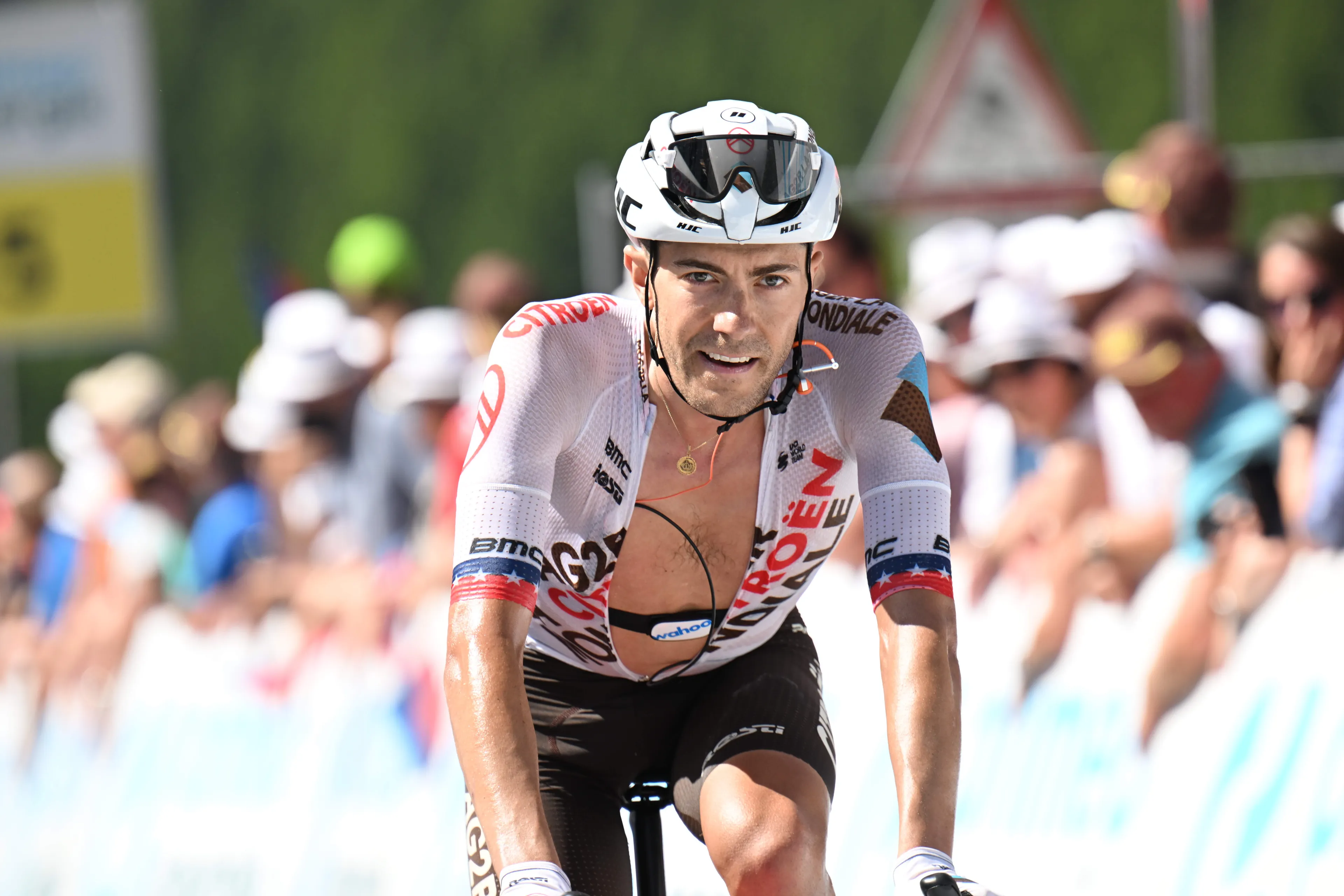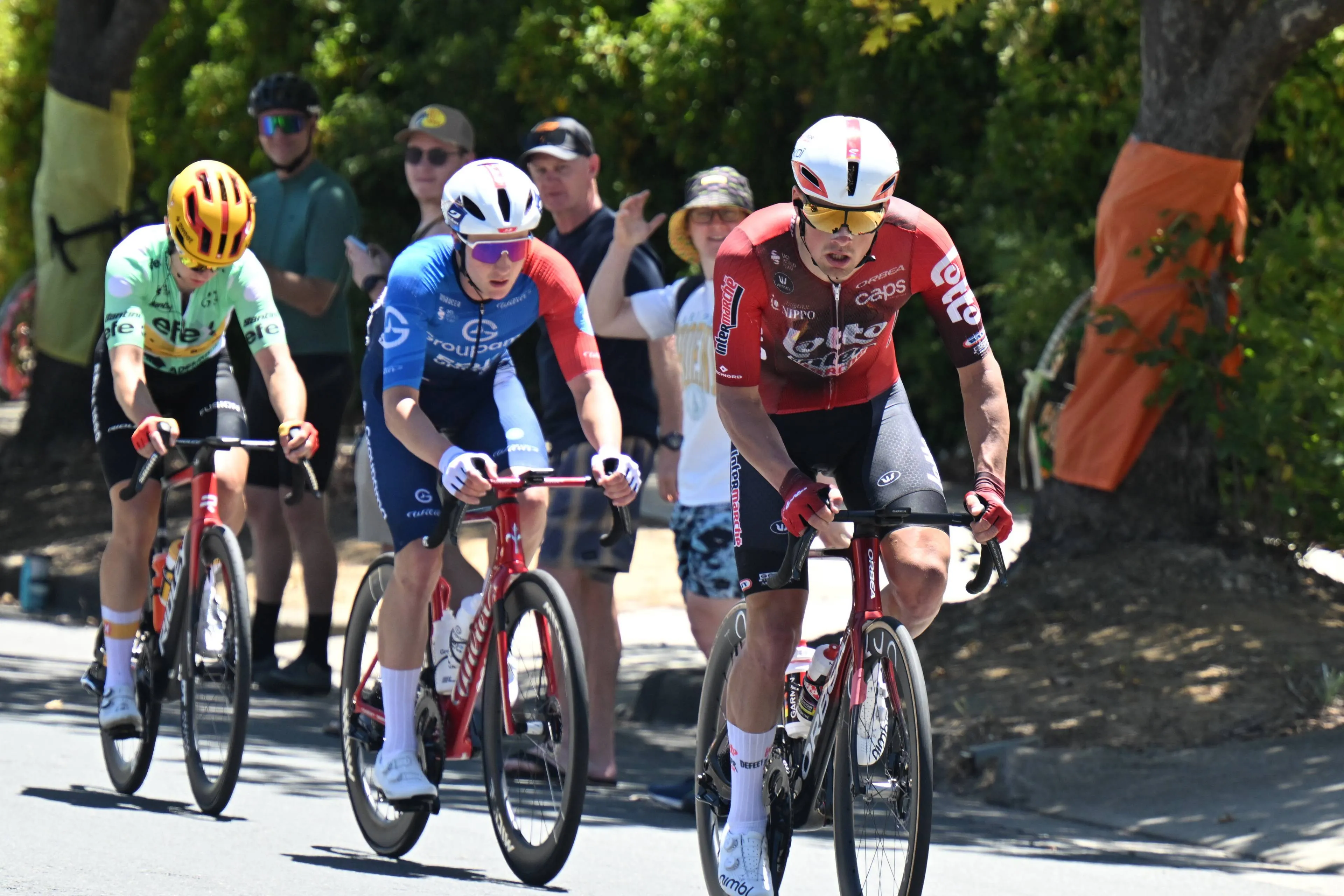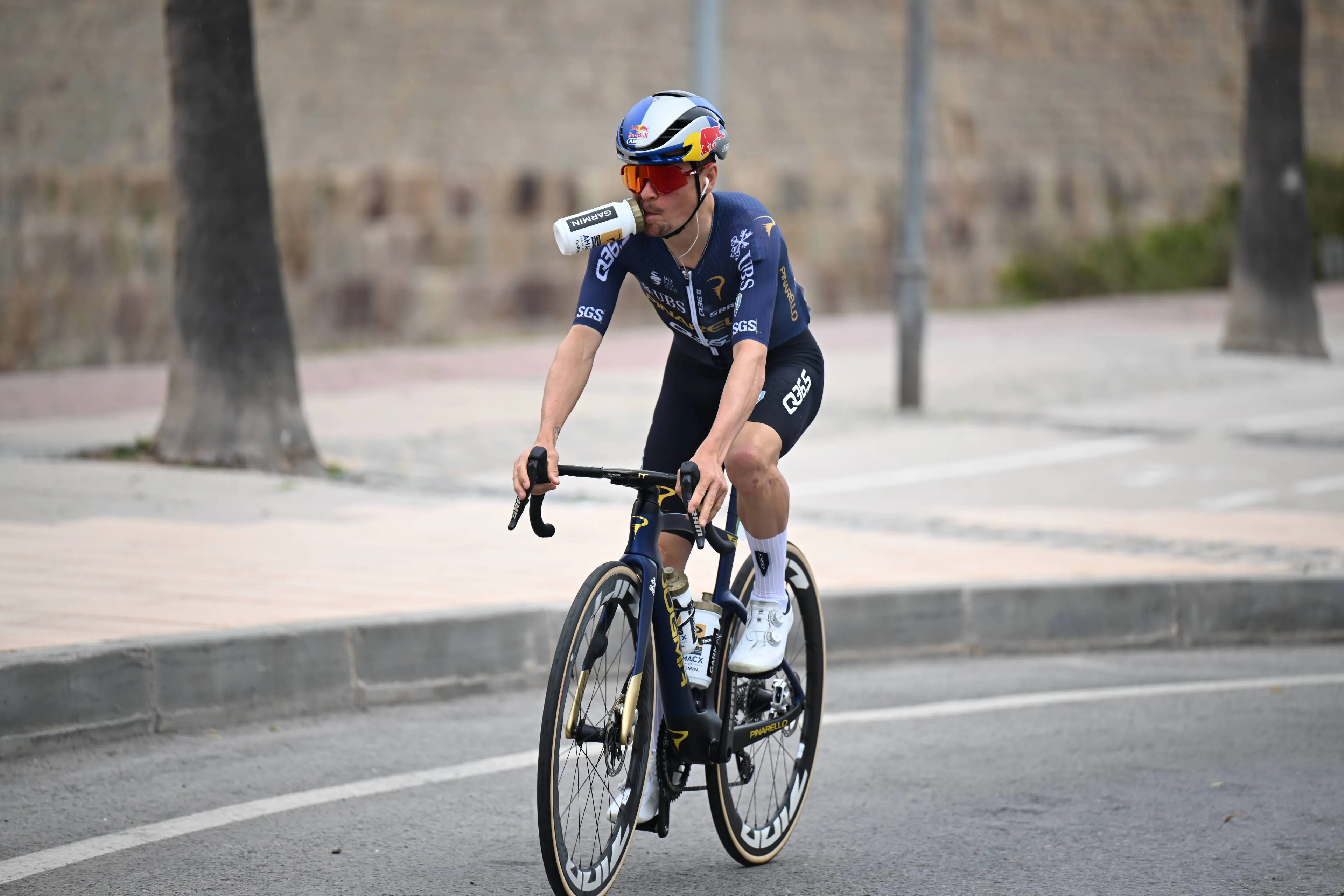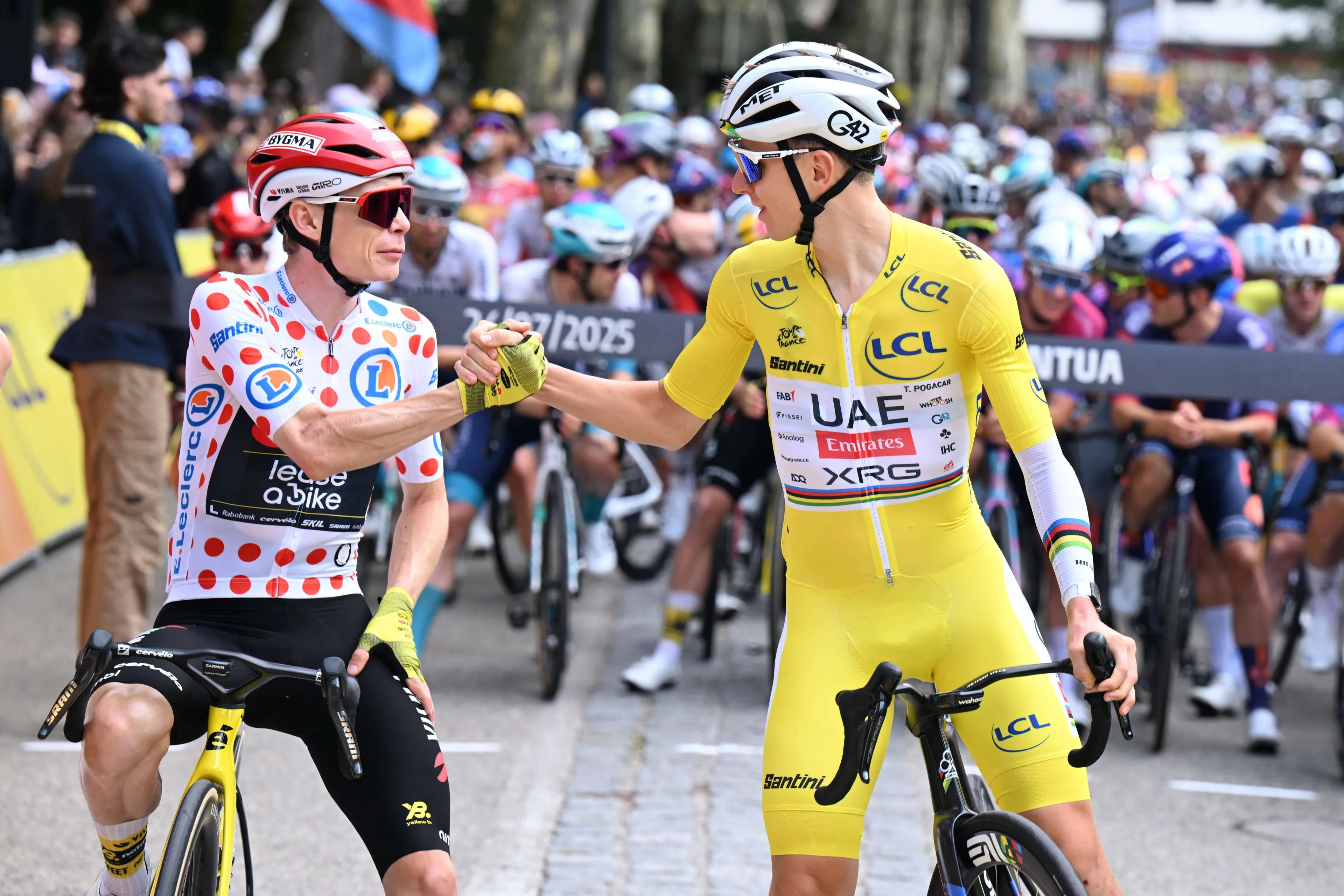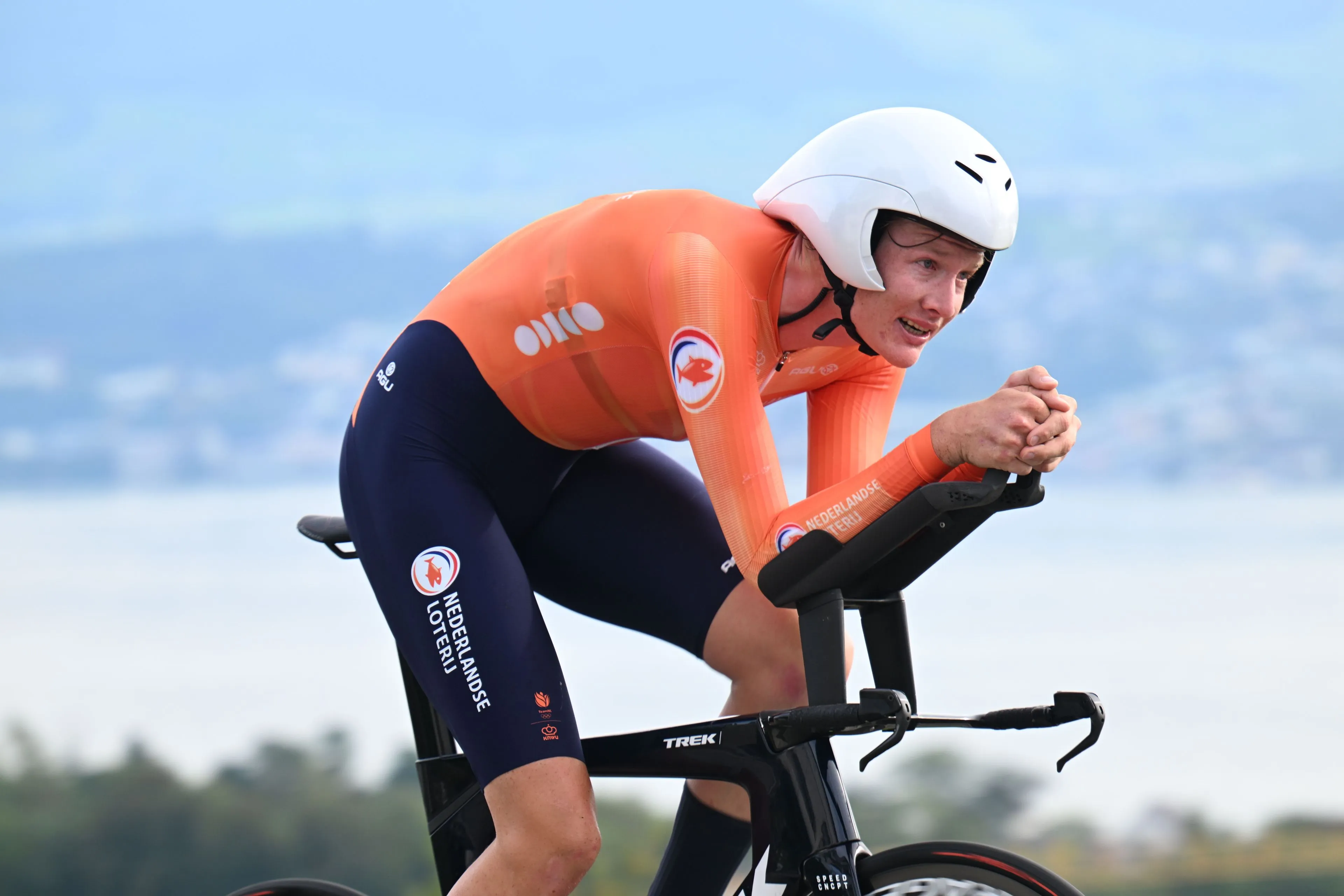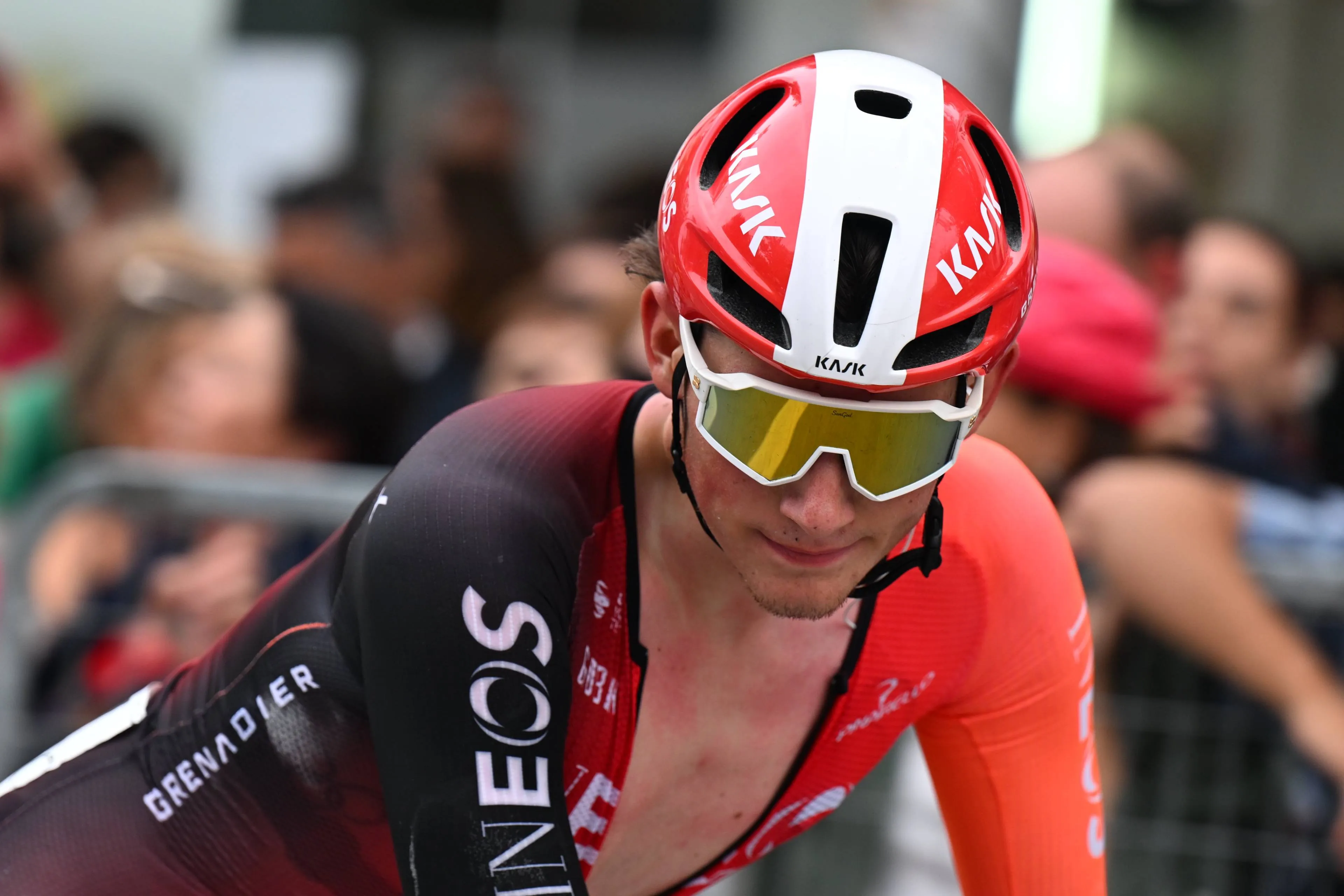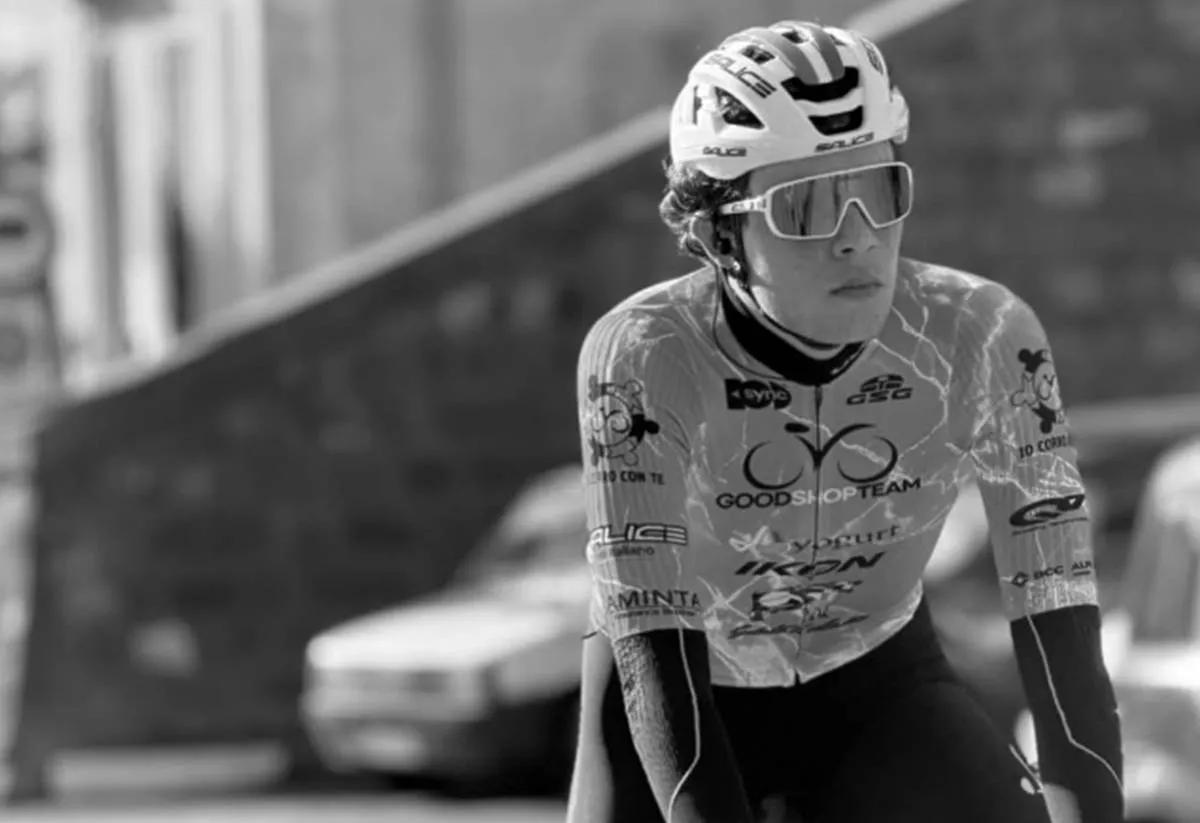Lance Armstrong downplays the importance of 2024 Tour de France route: "99.9% of the time the best rider wins, no matter the route"
CyclingSaturday, 28 October 2023 at 14:16
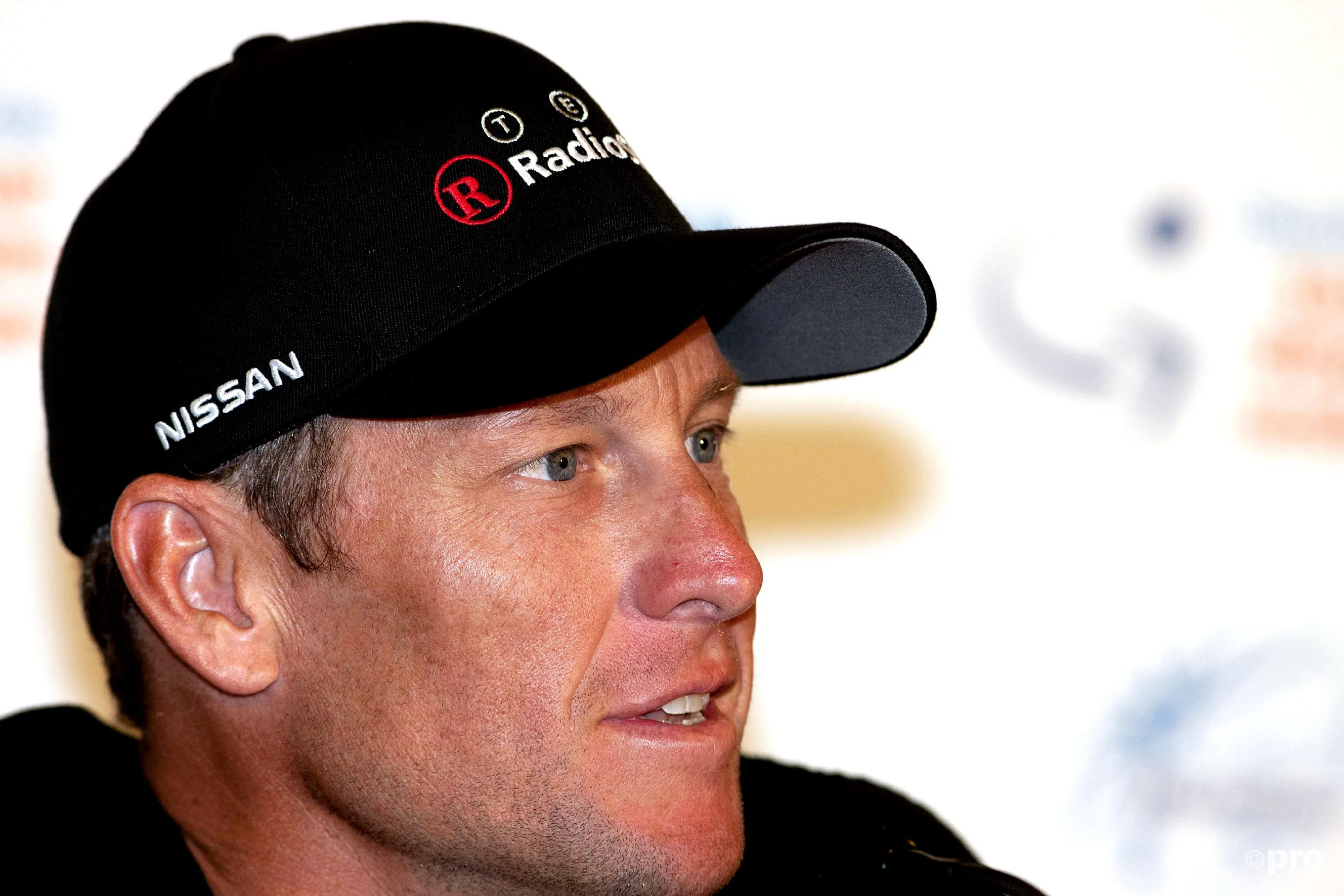
Lance Armstrong gathered his usual guests for The Move, his podcast/Youtube channel where he talks about cycling, to comment on the Tour de France route. He did so with his collaborators, former teammate George Hincapie and his former sports director Johan Bruyneel.
The first thing the former US Postal rider did was to make it clear that it is difficult to do analysis today because cycling today has changed so much that it is difficult to predict what is going to happen. "Cycling is different, we don't know the sport anymore, the way it's raced, the age of the riders, it's a new cycling, it's different from yesterday...there's talk of no long time trial, no this or that, the stakes are out of competition, it's a different cycling, you have to let it flow."
Read also
Johan Bruyneel, delving into what is happening today, makes it clear that the route is not decisive: "No matter what the route is, the strongest cyclist wins the race, there are Alps twice, there are Pyrenees, it doesn't end in Paris, which means there will be fireworks in the last days, but in the end the strongest guy will win the race".
George Hincapie, getting more into the route of the 2024 Tour de France, noted that there was virtually no flat meters in the first week: "The strongest guy, like last year, is going to have to be on his toes from the first stage to the finish, there's not a straight kilometre and there's not a flat kilometre, it's all full of climbs and descents on narrow roads, which is kind of stressful for a first week of the Tour de France. The favourites are going to have to start on form."
Bruyneel emphasized the hardness of the first week: "In the fourth stage we already reach the high mountains with the Galibier, it's something unique, that will leave 10-15 riders in the overall, then on the way to the Pyrenees and again to the Alps, I've never seen the Tour going twice through the Alps, it's something unique".
Beyond the fact that it is a special Tour de France and that many may criticize whether or not there is a team time trial, or whether the stages are longer or shorter, Armstrong agrees with his colleagues that "99.9% of the time the best rider wins the Tour de France regardless of the route".
Read also
claps 7visitors 6
Just in
Popular news
Latest comments
- Visma lease a bike have some problems... it's gonna be an interesting year 🤷
 leedorney16-02-2026
leedorney16-02-2026 - I can't see what the problem is, he was moving across to get the wheel and van Gils couldn't handle his bike and he didn't brake and so disbalanced into the barriers 🤷 - yes it was subsequently a bad move as van Gils ended up in the barriers, theirs been worse in the tdf.. and it's been ignored! How time change.. 😁
 leedorney16-02-2026
leedorney16-02-2026 - Pretty sure Del Toro is a North American.awp16-02-2026
- the big boys have come out to play and now Remco has to pay attention and racemij16-02-2026
- That was a nasty move, and he was rightly disqualified for that.
 santiagobenites16-02-2026
santiagobenites16-02-2026 - Another genarational talent. How long will it be till he gets a crack at GC on the Tour?Cyclingsbestfan16-02-2026
- That ‘late crash for Van Gils” happened when Christen squeezed him into the barriers in the final sprint! Did you even see the race?JustDave16-02-2026
- Where's the national jersey?antipodeanpedalfan16-02-2026
- Pog has been flooring it most of the winter, big ride Xmas day, col de rates kom etc.. he is the man to beat! Least Tom was the only guy to hold the wheel last year 💪
 leedorney16-02-2026
leedorney16-02-2026 - Methinks the lady doth protest too much.antipodeanpedalfan16-02-2026
Loading
2 Comments
